Bulk air compressors are the lifeblood of numerous industrial operations, providing the essential compressed air needed for various applications. Whether you’re in manufacturing, construction, automotive, or any sector that relies on pneumatic tools and machinery, understanding bulk air compressors is crucial for optimizing productivity and maintaining operational excellence. In this comprehensive guide, we delve deep into the world of bulk air compressors, exploring their types, applications, benefits, selection criteria, and maintenance practices to help you make informed decisions for your business.
Table of Contents
- Understanding Bulk Air Compressors
- Types of Bulk Air Compressors
- Key Applications of Bulk Air Compressors
- Benefits of Investing in Bulk Air Compressors
- Selecting the Right Bulk Air Compressor for Your Needs
- Maintenance and Best Practices for Bulk Air Compressors
- CarMax Vehicle: Your Trusted Partner for Bulk Air Compressors
- Conclusion
- Frequently Asked Questions (FAQs)
Understanding Bulk Air Compressors
At their core, bulk air compressors are industrial-grade machines designed to convert power into potential energy by compressing air and storing it for various applications. Unlike portable compressors, bulk air compressors are stationary units capable of handling large volumes of air over extended periods, making them indispensable for heavy-duty industrial operations.
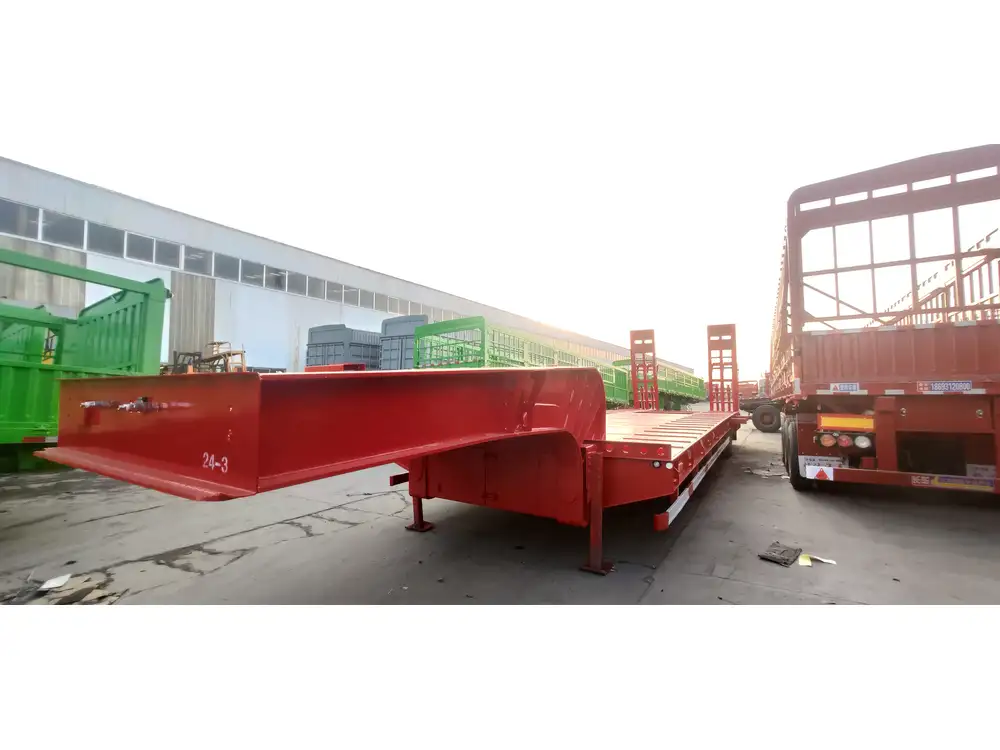
How Do Bulk Air Compressors Work?
Bulk air compressors operate on the principle of increasing air pressure by reducing its volume. This compressed air is then stored in tanks or utilized directly for powering tools, machinery, or processes. The primary components include:
- Motor or Engine: Drives the compressor, converting electrical or fuel energy into mechanical energy.
- Compression Mechanism: Can be reciprocating pistons, rotary screws, or centrifugal impellers, depending on the compressor type.
- Cooling System: Prevents overheating during operation, ensuring efficient performance.
- Air Storage Tank: Stores compressed air, maintaining a steady supply during demand fluctuations.
- Control Systems: Monitor and regulate pressure levels, ensuring optimal operation and safety.
Types of Bulk Air Compressors
Choosing the right type of bulk air compressor is pivotal for meeting specific industrial needs. Each type offers unique advantages tailored to different applications, efficiency requirements, and operational scales.
Reciprocating Air Compressors
Reciprocating air compressors use pistons driven by a crankshaft to deliver high-pressure air. They are ideal for applications requiring intermittent air supply and are known for their reliability and durability.
Advantages:
- High-pressure output
- Suitable for small to medium operations
- Cost-effective initial investment
Disadvantages:
- Higher maintenance frequency
- Noisier operation compared to other types
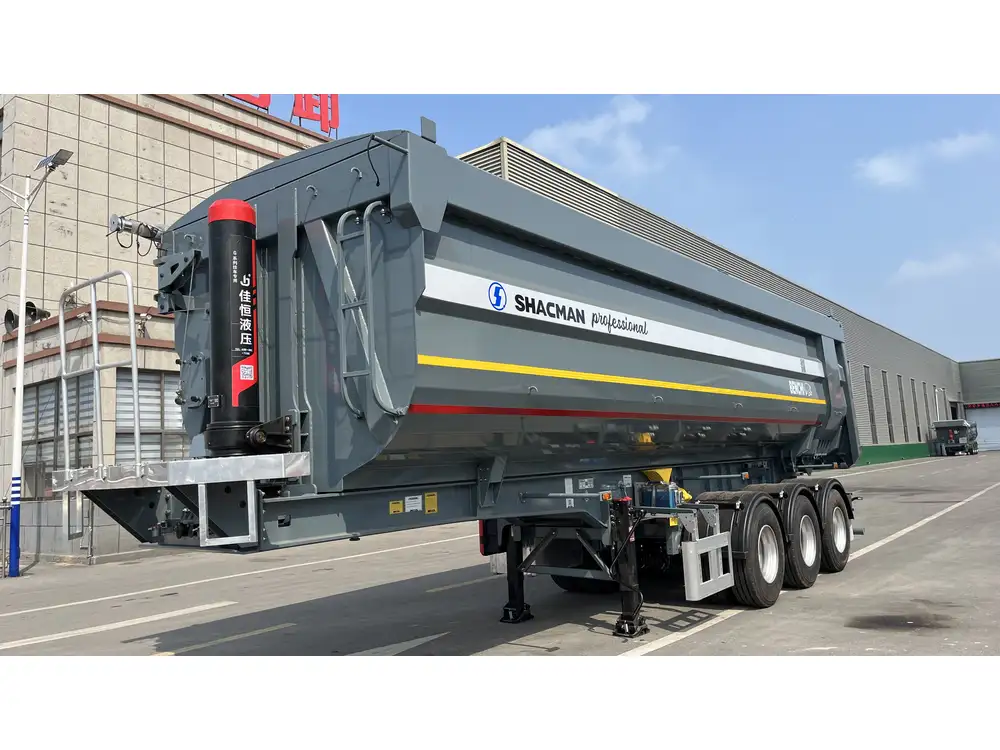
Rotary Screw Compressors
Rotary screw compressors utilize two meshing helical screws to compress air continuously. They are favored in environments where a constant airflow is essential.
Advantages:
- Continuous operation capability
- Lower maintenance needs
- Quieter and more efficient than reciprocating compressors
Disadvantages:
- Higher initial cost
- Not as effective for intermittent use
Centrifugal Air Compressors
Centrifugal compressors employ a rotating impeller to accelerate air and convert kinetic energy into pressure. They are suitable for large-scale industrial applications requiring massive air volumes.
Advantages:
- High flow rates
- Energy-efficient for large operations
- Minimal maintenance requirements
Disadvantages:
- Requires significant space
- Higher upfront investment
Dual-Stage Compressors
Dual-stage compressors compress air in two stages, enhancing efficiency and achieving higher pressure levels. They are commonly used in applications demanding superior air quality and consistency.
Advantages:
- Higher pressure output
- Improved efficiency
- Enhanced air quality
Disadvantages:
- More complex design
- Increased maintenance needs
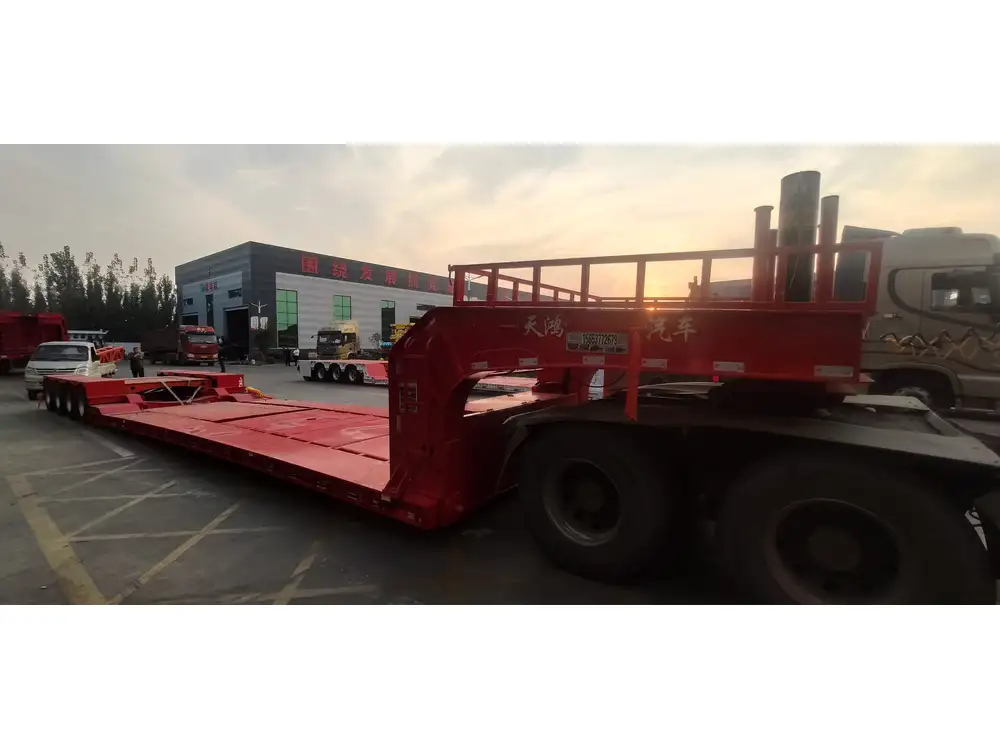
Key Applications of Bulk Air Compressors
Bulk air compressors play a critical role across various industries, enabling a wide range of processes and operations. Their versatility makes them indispensable tools in modern industrial settings.
Manufacturing Industries
In manufacturing, bulk air compressors power pneumatic tools, assembly lines, and automated machinery. They ensure smooth and efficient production processes, minimizing downtime and enhancing output quality.
Applications Include:
- Operating air-powered drills, grinders, and impact wrenches
- Driving conveyor systems and robotic arms
- Controlling pneumatic valves and actuators
Automotive Sector
The automotive industry relies heavily on bulk air compressors for assembly line operations, painting processes, and vehicle testing. Compressed air facilitates precise control and efficient workflow in production environments.
Applications Include:
- Inflating tires and powering pneumatic lifting systems
- Operating spray guns for painting and coating
- Testing vehicle components under pressure
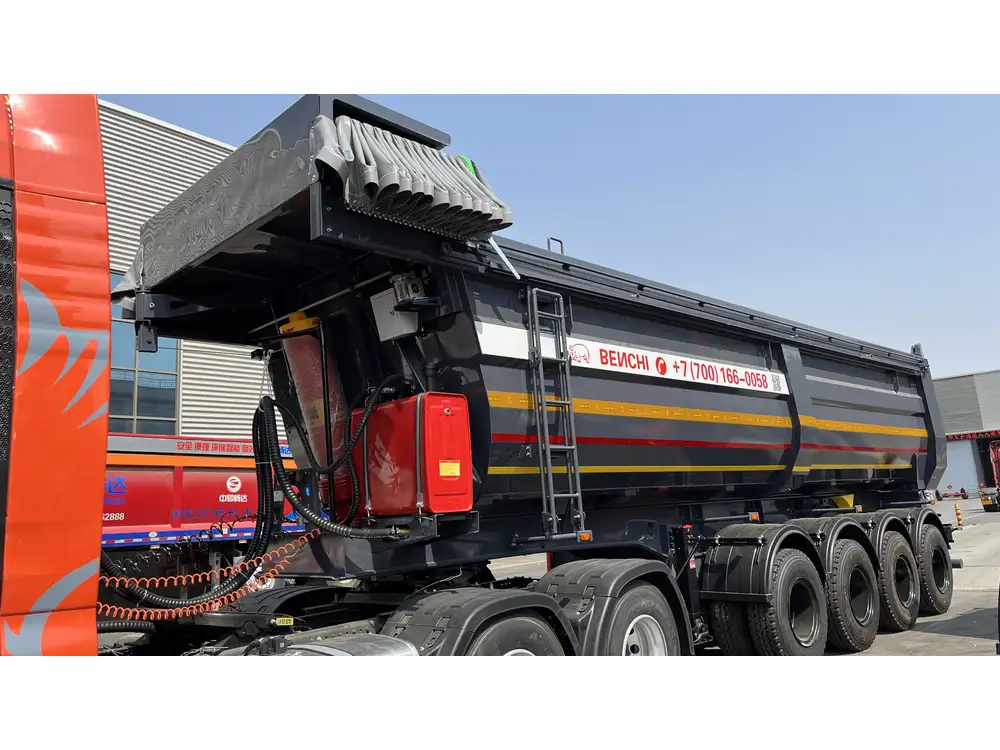
Construction and Infrastructure
Bulk air compressors are essential in construction for powering heavy machinery, drilling equipment, and material handling systems. They contribute to the efficiency and effectiveness of large-scale infrastructure projects.
Applications Include:
- Operating jackhammers, pneumatic drills, and concrete mixers
- Powering air brakes on heavy vehicles
- Enabling pneumatic hoists and lifts for material transport
Energy and Utilities
In the energy sector, bulk air compressors support power generation, oil and gas extraction, and renewable energy installations. They ensure the reliable operation of critical systems and facilitate various extraction and processing activities.
Applications Include:
- Driving air turbines in power plants
- Operating pneumatic valves in oil and gas pipelines
- Supporting maintenance operations in renewable energy facilities
Benefits of Investing in Bulk Air Compressors
Investing in bulk air compressors offers multifaceted benefits that extend beyond mere air compression. These advantages significantly impact operational efficiency, cost-effectiveness, and overall business performance.
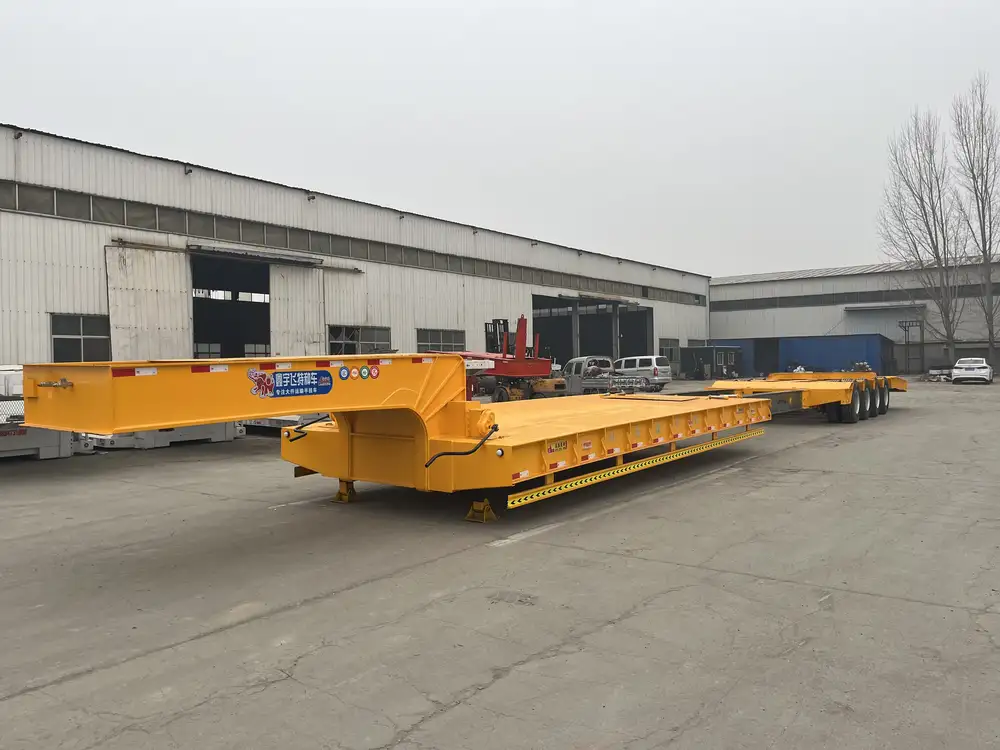
Enhanced Productivity
Bulk air compressors provide a steady and reliable supply of compressed air, ensuring that pneumatic tools and machinery operate without interruptions. This reliability translates to continuous production cycles and minimized downtime.
Operational Cost Savings
While the initial investment in bulk air compressors can be substantial, the long-term savings are considerable. Efficient compressors reduce energy consumption, and their durability lowers maintenance and replacement costs.
Durability and Reliability
Designed for heavy-duty applications, bulk air compressors are built to withstand rigorous industrial environments. Their robust construction ensures longevity and consistent performance, even under demanding conditions.
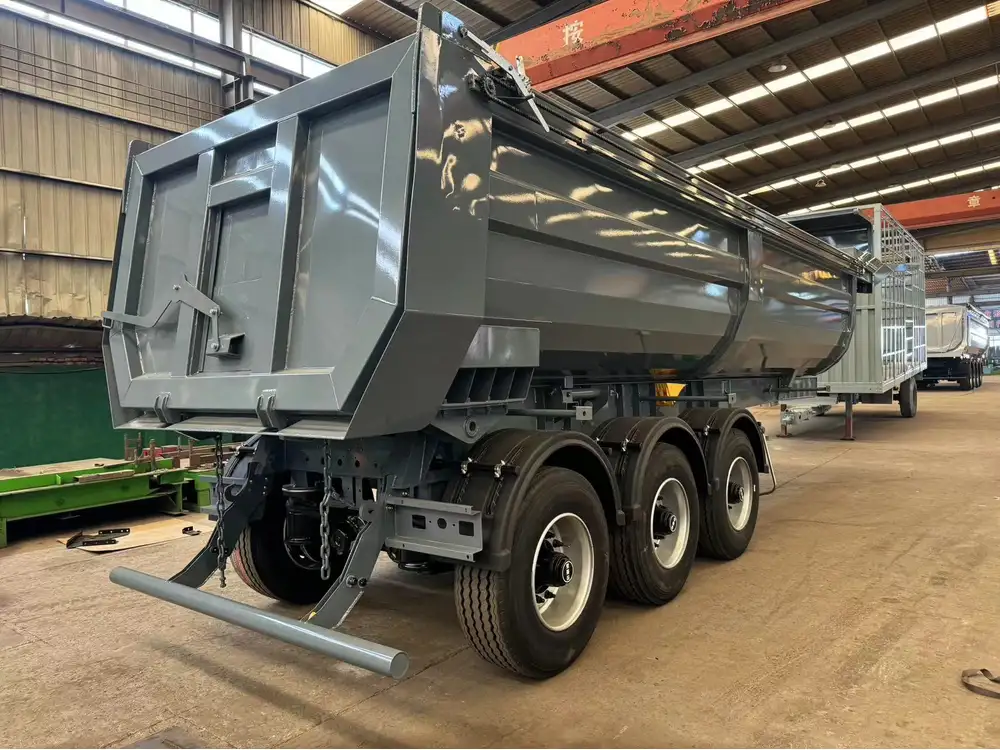
Energy Efficiency
Modern bulk air compressors incorporate advanced technologies that optimize energy usage. Features like variable speed drives (VSD) and energy-efficient motors contribute to reduced electricity bills and a smaller environmental footprint.
Selecting the Right Bulk Air Compressor for Your Needs
Choosing the appropriate bulk air compressor requires a thorough understanding of your operational requirements, air demand, and specific application needs. A well-selected compressor enhances efficiency and supports business growth.
Assessing Air Demand
Begin by evaluating your facility’s air consumption patterns. Calculate the required airflow rate (measured in cubic feet per minute or CFM) and the necessary pressure levels (measured in pounds per square inch or PSI). Understanding peak and average demands helps determine the compressor size and type.
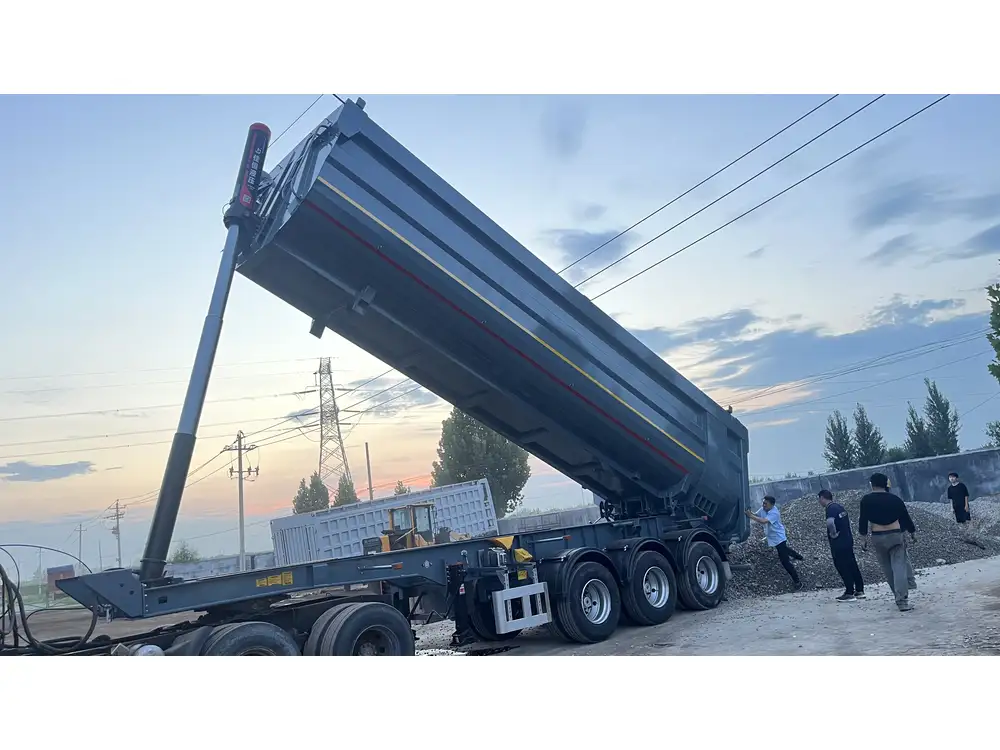
Evaluating Compressor Types
Match the compressor type to your air demand and application needs. For continuous, high-volume operations, rotary screw or centrifugal compressors are ideal. For intermittent or smaller-scale needs, reciprocating compressors may suffice.
| Compressor Type | Suitable For | Key Features |
|---|---|---|
| Reciprocating | Small to medium operations | High-pressure output, cost-effective |
| Rotary Screw | Continuous, high-volume operations | Silent operation, low maintenance |
| Centrifugal | Large-scale industrial applications | High flow rates, energy-efficient |
| Dual-Stage | High-pressure and high-quality air needs | Enhanced efficiency, superior air quality |
Considering Energy Efficiency
Energy costs constitute a significant portion of operational expenses. Opt for compressors with high energy efficiency ratings and features like VSD, which adjust motor speed to match air demand, thereby reducing energy wastage.
Space and Installation Requirements
Bulk air compressors require ample space for installation and ventilation. Ensure your facility can accommodate the compressor’s dimensions and provide adequate airflow to facilitate cooling and prevent overheating.
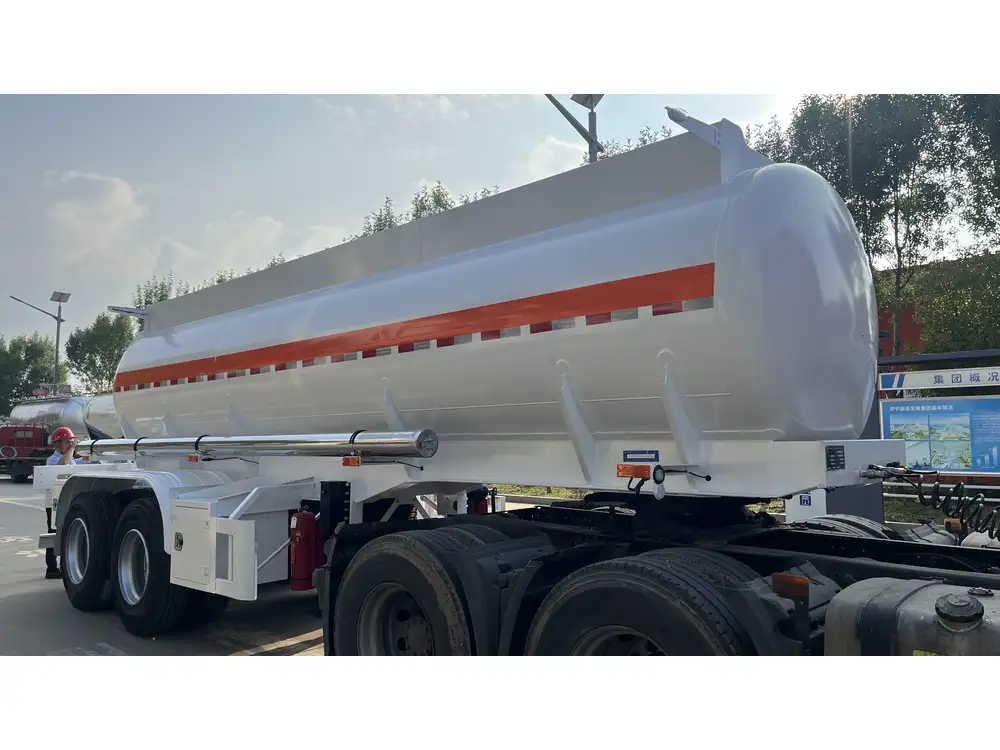
Budget and Total Cost of Ownership
While upfront costs are important, consider the total cost of ownership (TCO) encompassing installation, maintenance, energy consumption, and lifespan. Investing in higher quality compressors may result in lower TCO due to reduced operational and maintenance expenses.
Maintenance and Best Practices for Bulk Air Compressors
Proper maintenance is essential to ensure the longevity and optimal performance of bulk air compressors. Adhering to best practices minimizes downtime, extends equipment lifespan, and maintains consistent air quality.
Regular Inspection and Monitoring
Implement a routine inspection schedule to monitor compressor performance. Check for signs of wear, unusual noises, leaks, and pressure inconsistencies. Utilize monitoring systems that provide real-time data on compressor operation.
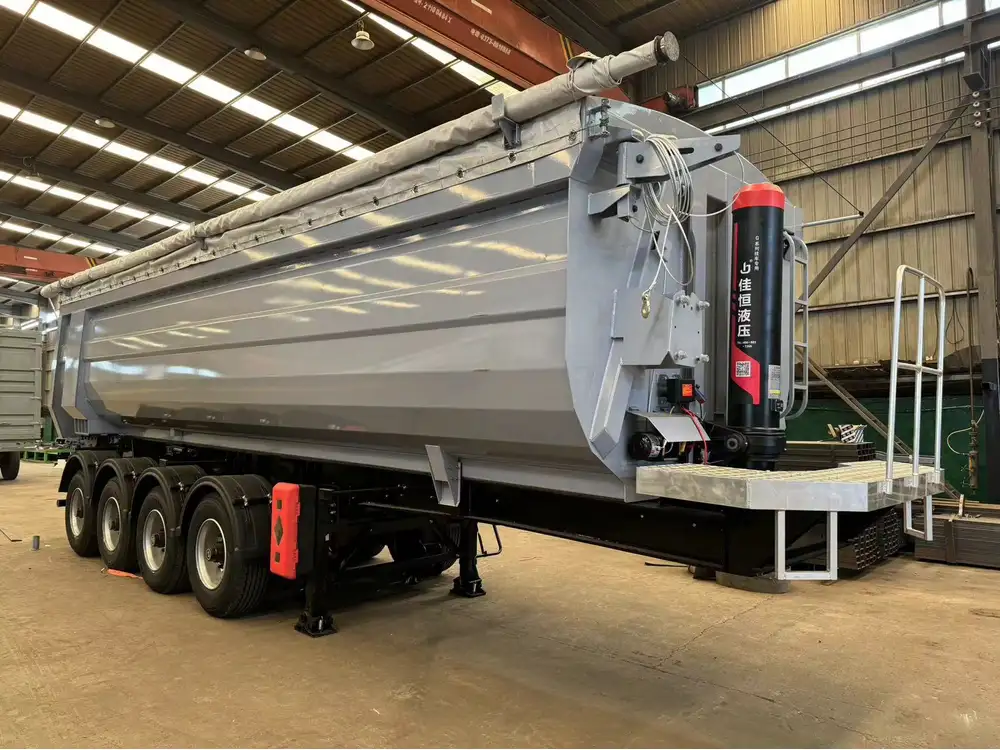
Preventive Maintenance
Conduct preventive maintenance tasks such as:
- Lubrication: Regularly lubricate moving parts to reduce friction and prevent wear.
- Filter Replacement: Clean or replace air filters to maintain air quality and compressor efficiency.
- Cooling System Maintenance: Ensure cooling systems are free from obstructions and functioning correctly to prevent overheating.
- Belt and Pulley Checks: Inspect belts and pulleys for tension and wear, replacing them as necessary.
Addressing Common Issues
Be proactive in identifying and resolving common compressor issues:
- Overheating: Ensure adequate ventilation and clean cooling fins to prevent heat buildup.
- Air Leaks: Seal any leaks promptly to maintain pressure and reduce energy wastage.
- Moisture Accumulation: Install moisture traps and ensure proper drainage to prevent water damage to the compressor and connected equipment.
- Pressure Fluctuations: Monitor and adjust pressure settings to maintain consistent airflow and prevent equipment stress.
CarMax Vehicle: Your Trusted Partner for Bulk Air Compressors
At CarMax Vehicle, we specialize in manufacturing high-quality bulk air compressors tailored to meet the diverse needs of industrial operations. Our commitment to excellence ensures that our compressors deliver unparalleled performance, reliability, and energy efficiency.
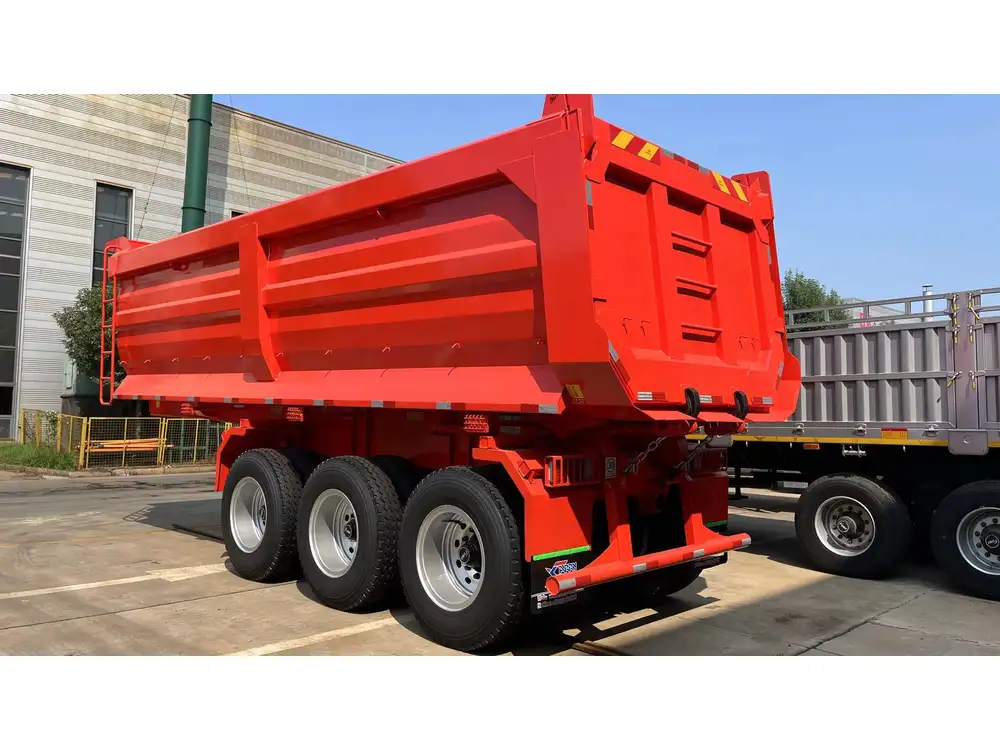
Why Choose CarMax Vehicle?
- Innovative Design: Our compressors incorporate cutting-edge technology to optimize performance and energy consumption.
- Customization: We offer customizable solutions to fit specific operational requirements, ensuring seamless integration into your workflow.
- Durability: Built with robust materials and precision engineering, our compressors withstand the toughest industrial environments.
- Comprehensive Support: From initial consultation to post-installation maintenance, our team provides comprehensive support to ensure your compressor operates at peak efficiency.
- Sustainable Solutions: We prioritize energy-efficient designs that reduce operational costs and environmental impact, aligning with sustainable business practices.
Our Product Line
CarMax Vehicle offers a diverse range of bulk air compressors, including:
- Rotary Screw Compressors: Ideal for continuous, high-volume air supply with minimal maintenance.
- Reciprocating Compressors: Perfect for applications requiring high-pressure air in smaller to medium operations.
- Centrifugal Compressors: Suited for large-scale industrial applications demanding massive air flow rates.
- Dual-Stage Compressors: Designed for applications needing superior air quality and higher pressure levels.
Commitment to Excellence
Our team of experts is dedicated to advancing air compression technology, ensuring that our products not only meet but exceed industry standards. We continuously invest in research and development to incorporate the latest innovations, providing our clients with the best possible solutions for their compressed air needs.
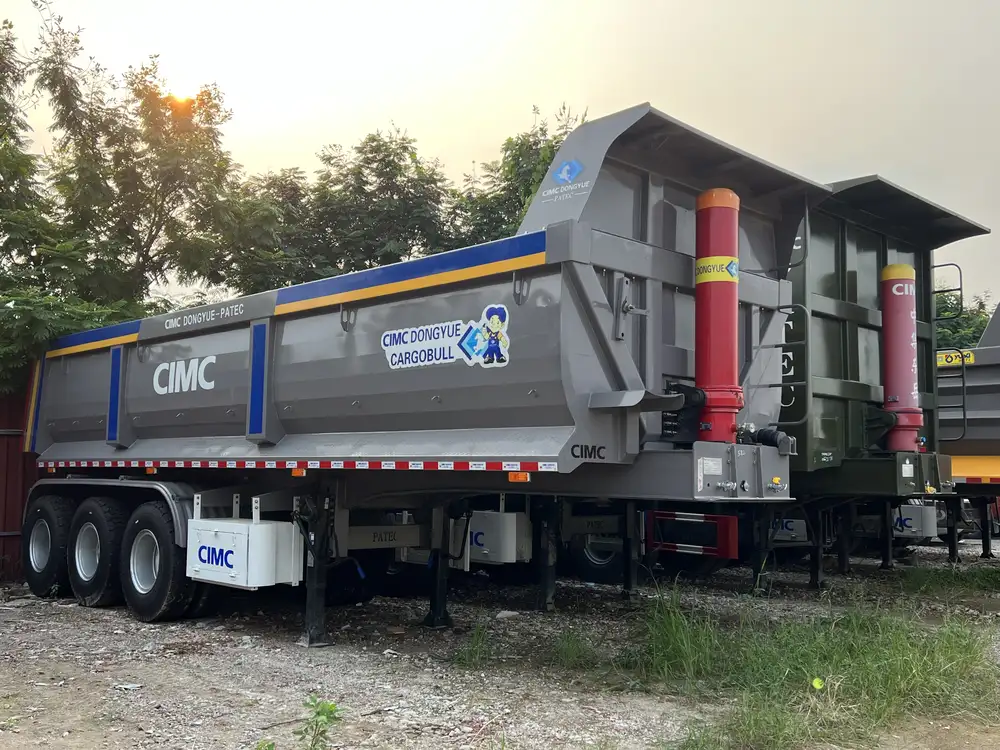
Conclusion
Bulk air compressors are indispensable assets in the industrial landscape, driving efficiency, productivity, and operational success. By understanding the different types, applications, benefits, and maintenance practices, businesses can make informed decisions to select the optimal compressor for their specific needs. Partnering with a trusted manufacturer like CarMax Vehicle ensures access to high-quality, reliable, and energy-efficient compressors that propel your operations forward.
Investing in the right bulk air compressor is not just a purchase; it’s a strategic decision that impacts your business’s long-term viability and growth. Equip your facility with the best tools for success by choosing a compressor solution that aligns with your operational demands and sustainability goals.
Frequently Asked Questions (FAQs)
1. What is a bulk air compressor, and how does it differ from a portable compressor?
A bulk air compressor is a stationary unit designed to provide large volumes of compressed air continuously for industrial applications. Unlike portable compressors, bulk models are built for durability, higher capacity, and long-term operation, making them suitable for heavy-duty environments.
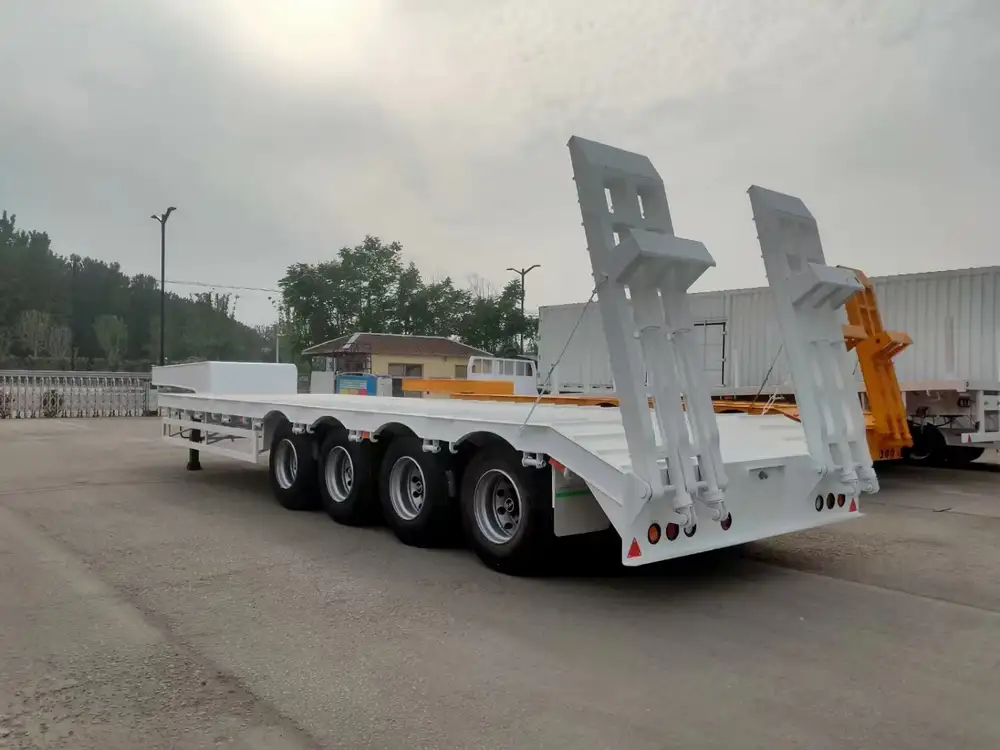
2. How do I determine the right size of bulk air compressor for my facility?
To determine the appropriate size, assess your facility’s air demand by calculating the total airflow required (in CFM) and the operating pressure (in PSI) for all connected tools and machinery. Consider peak usage scenarios to ensure the compressor can handle maximum demand without strain.
3. What maintenance practices are essential for ensuring the longevity of a bulk air compressor?
Essential maintenance practices include regular inspections, preventive maintenance tasks like lubrication and filter replacement, monitoring for leaks and pressure fluctuations, maintaining the cooling system, and addressing any issues promptly to prevent major failures.
4. Are bulk air compressors energy-efficient, and how can I improve their energy efficiency?
Modern bulk air compressors are designed with energy efficiency in mind, featuring technologies like variable speed drives and efficient motor designs. To further improve energy efficiency, implement proper maintenance, seal air leaks, optimize system pressure settings, and use energy-efficient components.
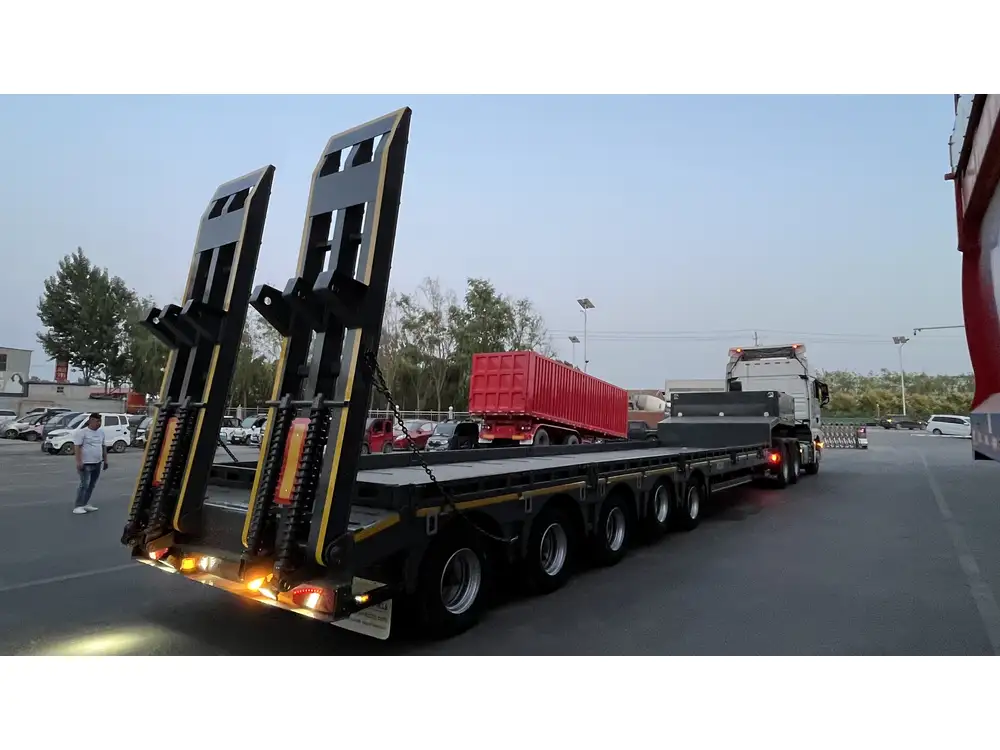
5. Why should I choose CarMax Vehicle for my bulk air compressor needs?
CarMax Vehicle offers a wide range of high-quality, durable, and energy-efficient bulk air compressors tailored to meet diverse industrial requirements. Our commitment to innovation, customization, and comprehensive support ensures that you receive reliable solutions that enhance your operational efficiency and productivity.



